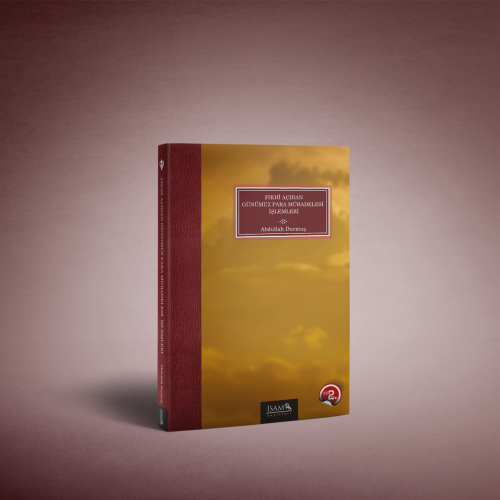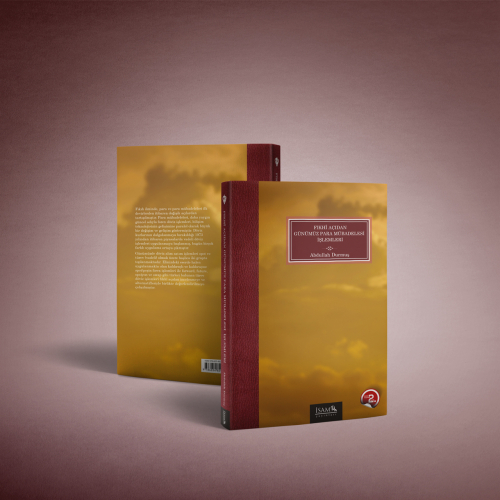Fıkhî Açıdan Günümüz Para Mübadelesi İşlemleri
Today, monetary exchange transactions can be classified into two groups: Spot (cash) and derivative (foreign currency forward, foreign currency future, foreign currency swap, and foreign currency option).
While spot foreign currency transactions are permissible, in Islamic jurisprudence, foreign exchange margin trading transactions are banned. The reason behind this is that such transactions violate the ban on gaining incomes from qardh (loan).
In Islamic Jurisprudence foreign currency forward, foreign currency future and foreign currency swap transactions are in violation of the ban on nasiah (term interest) . In this study, the close connection between nasiah and qardh interests is examined; it is also understood that foreign currency option transactions are not permissible in terms of regulations on the contract of sarf or the sale of rights. Thus, a “Mutual Promise for Foreign Currency Sale” is not permissible, while the “Mutual Quardh Transaction” suggested to be used in foreign currency swap transactions, is permissible provided that the gained benefits are equal.
In this work, the different types of transactions that are currently being implemented and the alternatives that can be used are examined in terms of Islamic jurisprudence.

